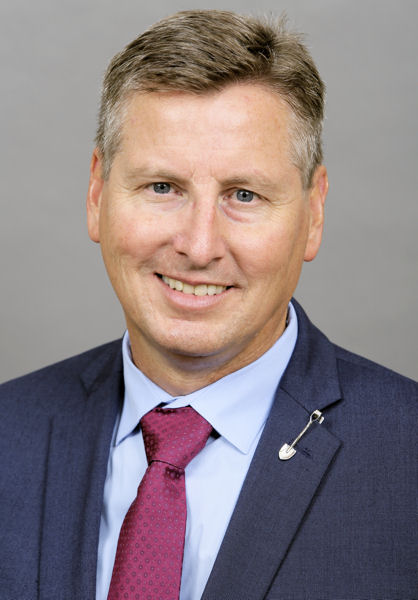
Rick Warner, WEF President 2016–2017
The sociological concept of “legitimacy” means that individuals and groups recognize and accept the appropriateness of an authority to lead. This concept becomes even more important to the water sector as communities implement seemingly more complex and controversial projects, particularly those seeking to implement potable reuse.
Legitimacy starts with creating an authentic conversation with the communities we serve. To gain and uphold the public’s confidence and trust, an organization must engage with people on three different levels:
- The pragmatic level answers questions related to our audience’s self-interest, providing responses about personal benefits and promoting individual involvement in the decision-making process.
- The moral level responds to social values and welfare, providing information on quality control, product safety, and organizational reliability.
- The cognitive level provides information in relation to customs and routines.
Water reuse projects often encounter public opposition, despite having demonstrated that the treatment technologies in use are robust and that the quality of finished water meets or exceeds drinking water standards. Technical professionals can help the public accept new technologies by informing and engaging the public on all three of these levels.
Researchers studying the Orange County Water District (Fountain Valley, Calif.) Groundwater Replenishment System (GWRS) first introduced me to the concept. They reported that GWRS managers earned the community’s initial trust as competent experts, and that confidence continues today through purposeful communication and transparency. This commitment to excellence complements GWRS’ magnificent treatment technologies and operations, and inspires other agencies to model these principles.
I have taken the GWRS lesson to heart by incorporating legitimacy into a potable reuse feasibility study I am co-leading in Northern Nevada. The Nevada project, which may someday lead to the state’s first potable reuse project, must show that every aspect of a potable reuse treatment process operates in a robust and redundant manner. I also recognize that public support for a future complex project also is earned today, with regular community engagement and delivering quality on today’s projects. A cornerstone of the Nevada potable reuse study is a demonstration-scale project, in which community leaders, regulators, public health officials, and the public will be encouraged to visit the water purification process in action and to form their own confidences.
Potable reuse projects are exciting because they bring together knowledge and skills from so many water professional disciplines. Earning the public’s trust and confidence is vital to helping us adopt new technologies and to operate our facilities more efficiently. It is an exciting time in the water business. We must take the trust the public has afforded us very seriously.
The new year will be one of great influence and celebration. We will focus on
- increasing collaboration with strategic partners;
- strengthening the Water Environment Federation’s (WEF’s; Alexandria, Va.) relationship with research and academic institutions;
- enhancing key international relations and finding new opportunities to work with partners in emerging economies;
- expanding engagement in humanitarian causes;
- promoting and supporting the Water Environment & Reuse Foundation (Alexandria, Va.); and
- amplifying the value of water message by supporting the Value of Water Campaign and WEF’s Water Advocates.
— Rick Warner, WEF President 2016–2017








December 22, 2016
Featured